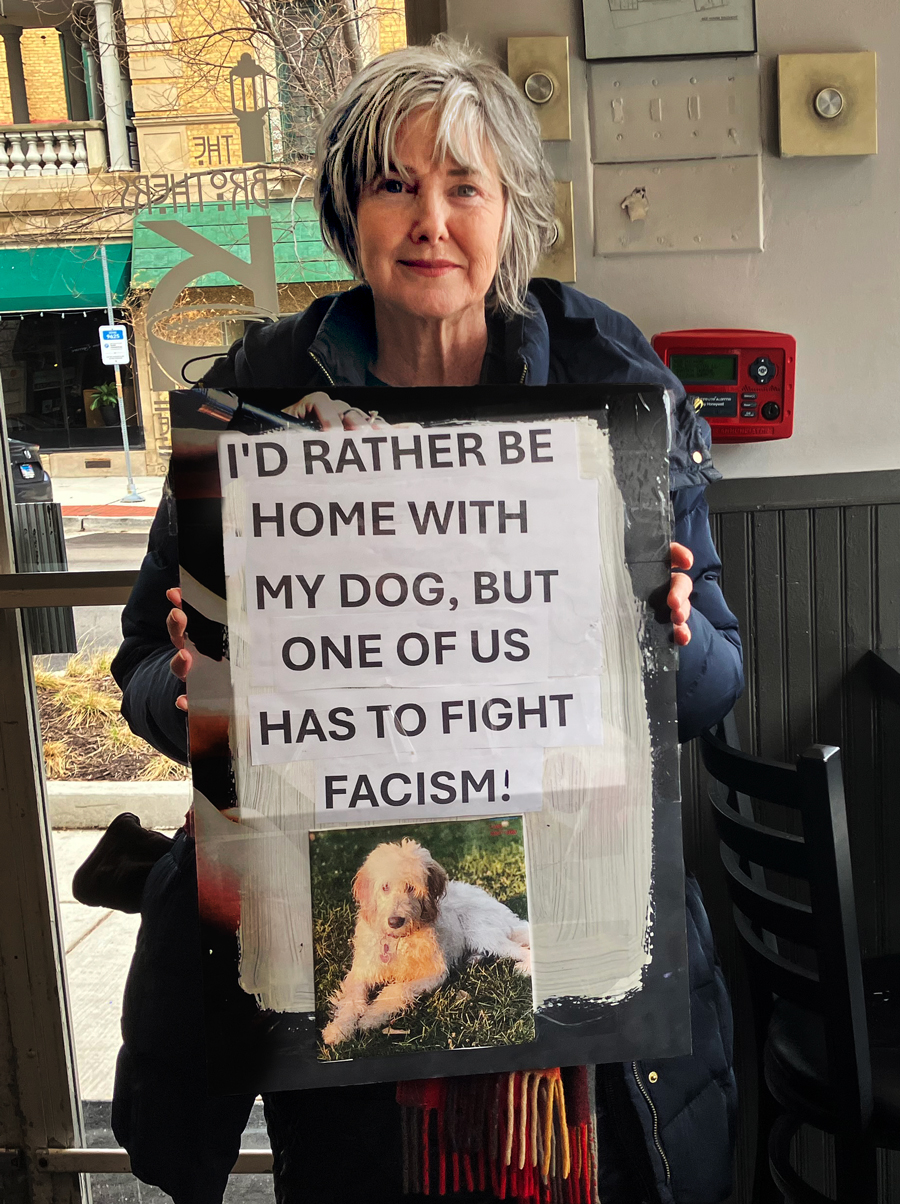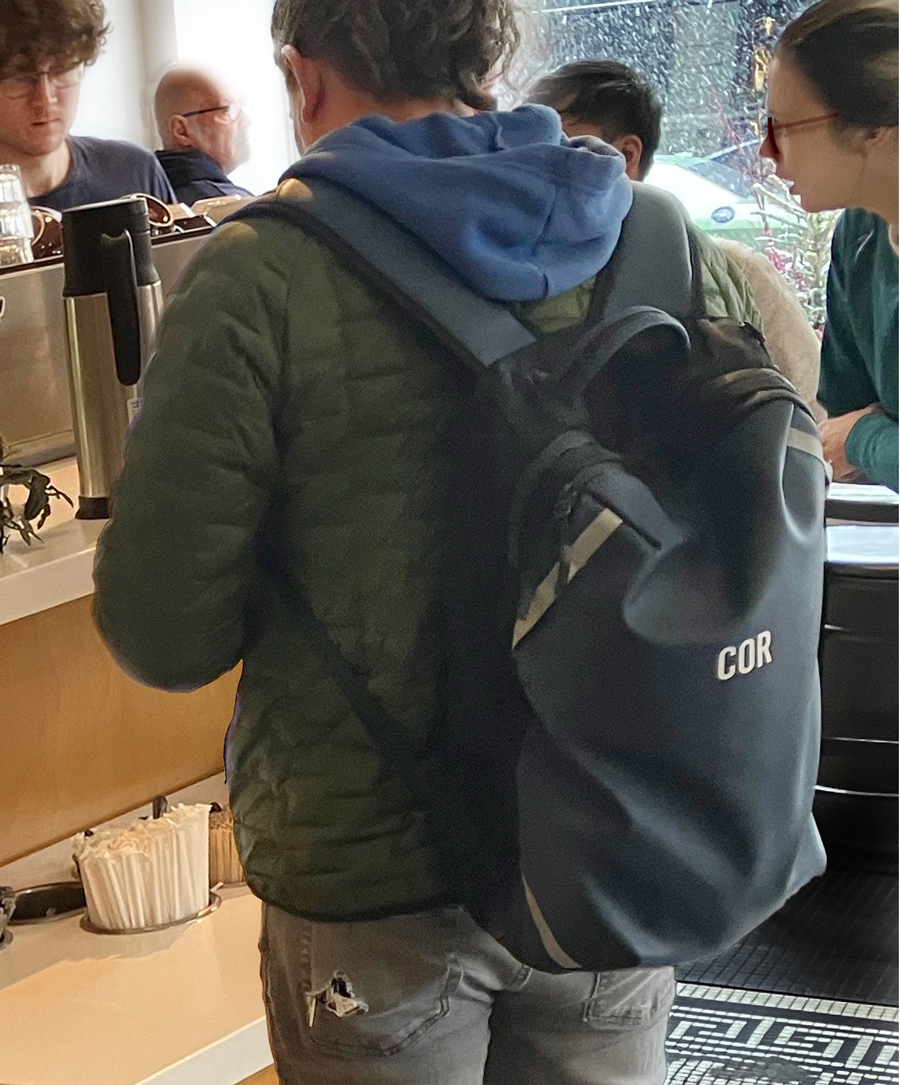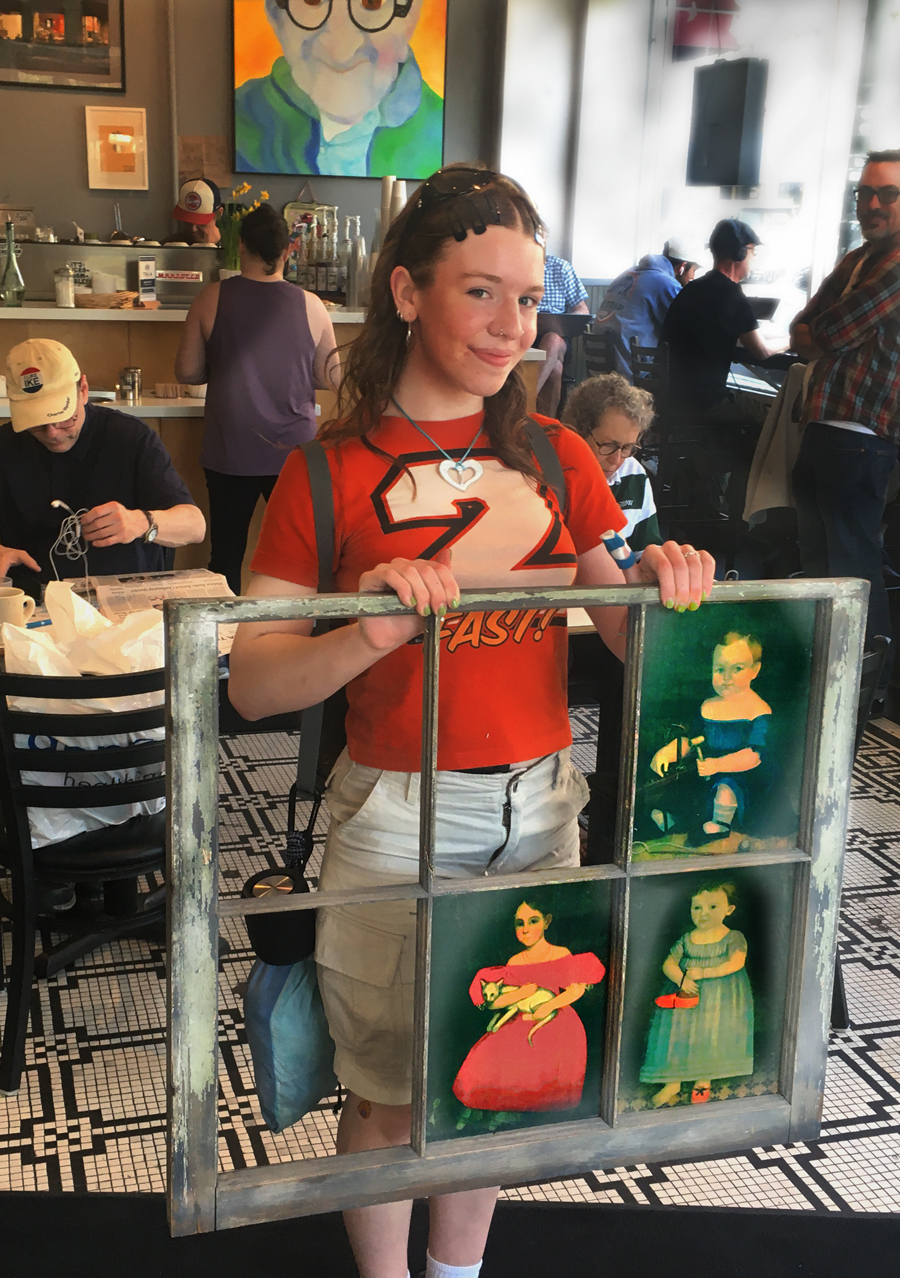sumo
 They weren’t dog people. They weren’t cat, gerbil or goldfish people either. They were simply parents raising two kids.
They weren’t dog people. They weren’t cat, gerbil or goldfish people either. They were simply parents raising two kids.
They lived in a world where dogs are a source of companionship rather than protein. Where conventional wisdom holds that dogs teach empathy to children.
You may already know where this story is going.
The parents bought a year of delay by buying a book with a breed of dogs featured on each spread. Every evening the man and his daughter played a game; he would cover the text and she would memorize the provenance and personality of each breed.
Once she had her breeds down cold, she called in her chits.
She and her mother phoned from the SPCA to describe the prettiest, smartest dog in the world. He’s got a smushed-in nose, she gushed. “I will walk him everyday.”
The family decided they’d pick up the Japanese Chin first thing the next morning.
But it turned out the most wonderful dog in the world was nowhere to be found. Maybe he’d been adopted, the staff said, or maybe even, ugh… you know. The mother stayed while the staff searched databases. The man took the kids to a hot-dog place, preparing them for all possibilities.
When they came back their mother offered some hope that he’d been sent to another shelter. The kids worried that every second counted – knowing they had to get there before Cruella Di Ville.
“Might be the little guy in aisle F,” the manager said about the dog that fit the profile exactly, But it wasn’t him.
All hope was lost until, far down the aisle, through her tears, the girl saw him looking out at her. And he seemed even more perfect than the day before. She was sure he remembered her.
When the clerk opened the cage he spun around and, to sanctify the moment, defecated on the floor. That’s when they knew he was the dog for them.
Snorting and licking, tail wagging 90-mph on the expressway home, the animal took command of the sedan and family in it. He ran back and forth upon entering his new home. The backs of sofas were to his liking. He claimed corners in the sun.
They gave him the name “Sumo” and spoiled him shamelessly.
Sumo could learn tricks but he felt performing was beneath his dignity – “I’m not a pug, you know” – at the same time he would sell his soul for table scraps.
He was everybody’s pet and was almost never left alone The family walked him 3 times a day, taking turns. He and the boy became especially close when his older sister became a teenager.
A decade passed. The family had never said goodbye to a pet before, and maybe because they weren’t dog people they weren’t prepared for the intensity of their loss.![]()




